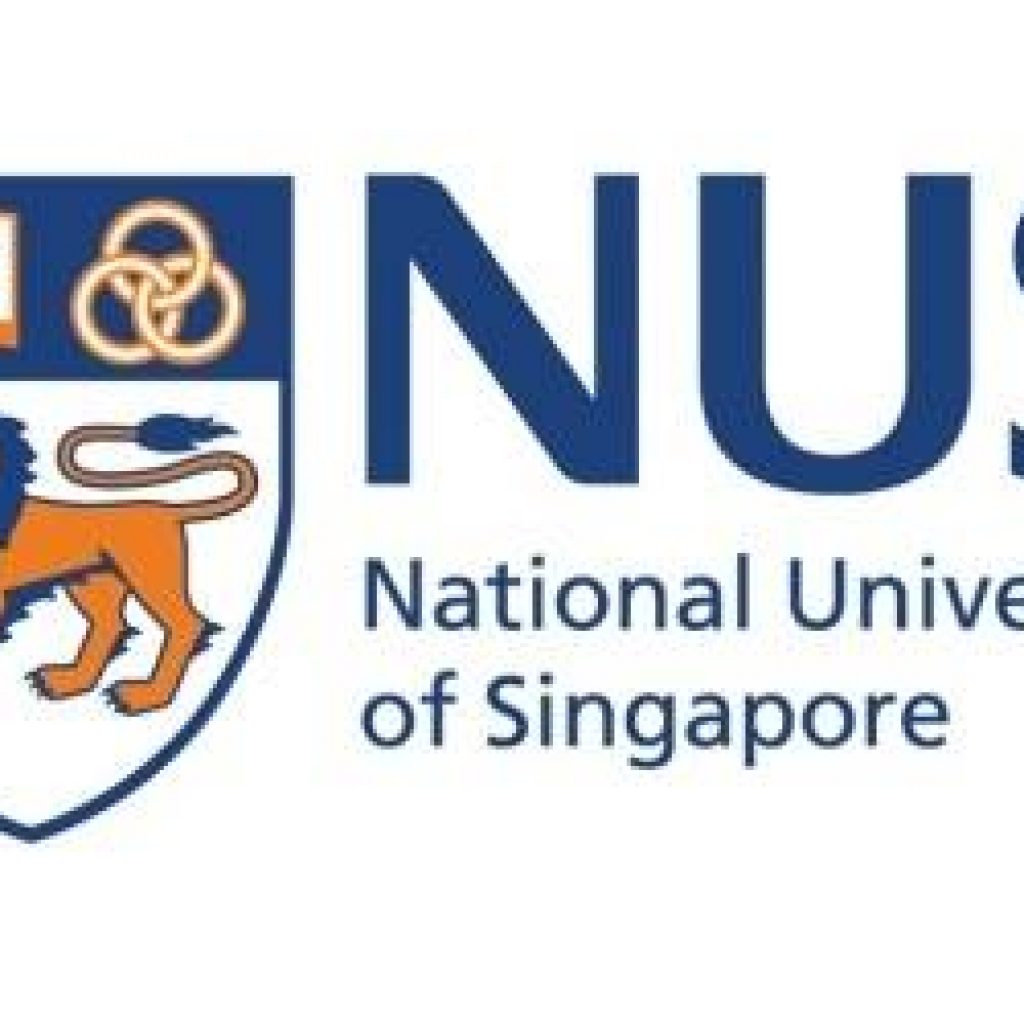(ZDNet) ST Engineering and National University of Singapore (NUS) will use “measurement-device-independent” quantum key distribution (MDI QKD) technology in their efforts to to build cybersecurity defence against increasingly sophisticated threats.
Supported under National Research Foundation’s Quantum Engineering Programme, the partnership aims to make advanced quantum cryptography accessible to the wider industry and drive the advancement of a technology that can lead to a new class of “quantum-resilient encryptors”, the partners said in a joint statement Friday.
Existing security standards such as those used in ATMs and online transactions did not use quantum technology. This could result in added security risk when quantum computing technology became readily available. The partners said current encryption keys still could safeguard digital communication adequately, but noted there had been reports of breaches and alternative technologies should be explored.
ST Engineering’s president of cybersecurity systems group, Goh Eng Choon, said: “The threat landscape is evolving very rapidly and we must be prepared for challenges to come in the post-quantum computing era. While QKD technology can be used to secure digital communications, it can also be used to mitigate future quantum computers being used to exploit and maliciously target weak links and disrupt the global encryption ecosystem.
ST Engineering & NUS Tapping Quantum Cryptography to Build Network Encryption Tools
